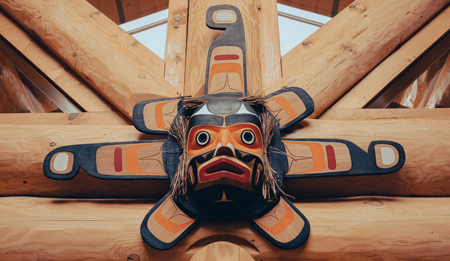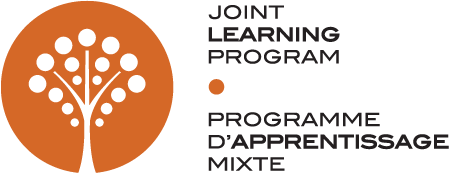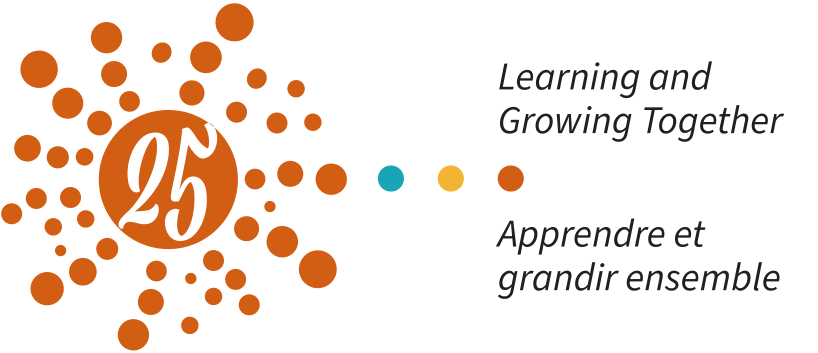June 21 is National Indigenous Peoples’ Day
June 21 was chosen to recognize National Indigenous Peoples’ Day for many reasons, including its cultural significance as the Summer solstice, and the fact that it is a day on which many Indigenous peoples and communities traditionally celebrate their heritage.
 This is a day to celebrate and explore Indigenous culture and stories. For non-Indigenous Canadians, it is also a chance to reflect on the effects of colonialism and learn about and uphold Indigenous calls for justice and reconciliation. Some steps to take on a learning journey include reading the Calls to Action from the Truth and Reconciliation Report, and reading PSAC’s Decolonizing Labour fact sheet.
This is a day to celebrate and explore Indigenous culture and stories. For non-Indigenous Canadians, it is also a chance to reflect on the effects of colonialism and learn about and uphold Indigenous calls for justice and reconciliation. Some steps to take on a learning journey include reading the Calls to Action from the Truth and Reconciliation Report, and reading PSAC’s Decolonizing Labour fact sheet.
Ways to deepen our understanding of the rich culture and history of Indigenous Peoples include exploring the Map of Indigenous Peoples and Lands[DB1] to learn about the current and historic Indigenous communities of the land you live on, treaties, peoples and territories where you live. You can also explore Learning Resources about First Nations, Inuit and Métis across Canada,[DB2] or explore concepts around Truth and Reconciliation with The Reconciliation Journey.[DB3]
These two common threads of reconciliation and celebration are significant throughout June, National Indigenous History month. It is a great opportunity to enhance our understanding of the effects of colonialism, but also to delve into the rich culture and traditions of Indigenous Peoples.
The JLP is proud to address issues around anti-Indigenous racism in the virtual discussion, Anti-Racism: Let’s Talk!, as well as in the in-person workshops Respecting Differences/Anti-Discrimination.
Photo by Rohit Tandon on Unsplash.com

